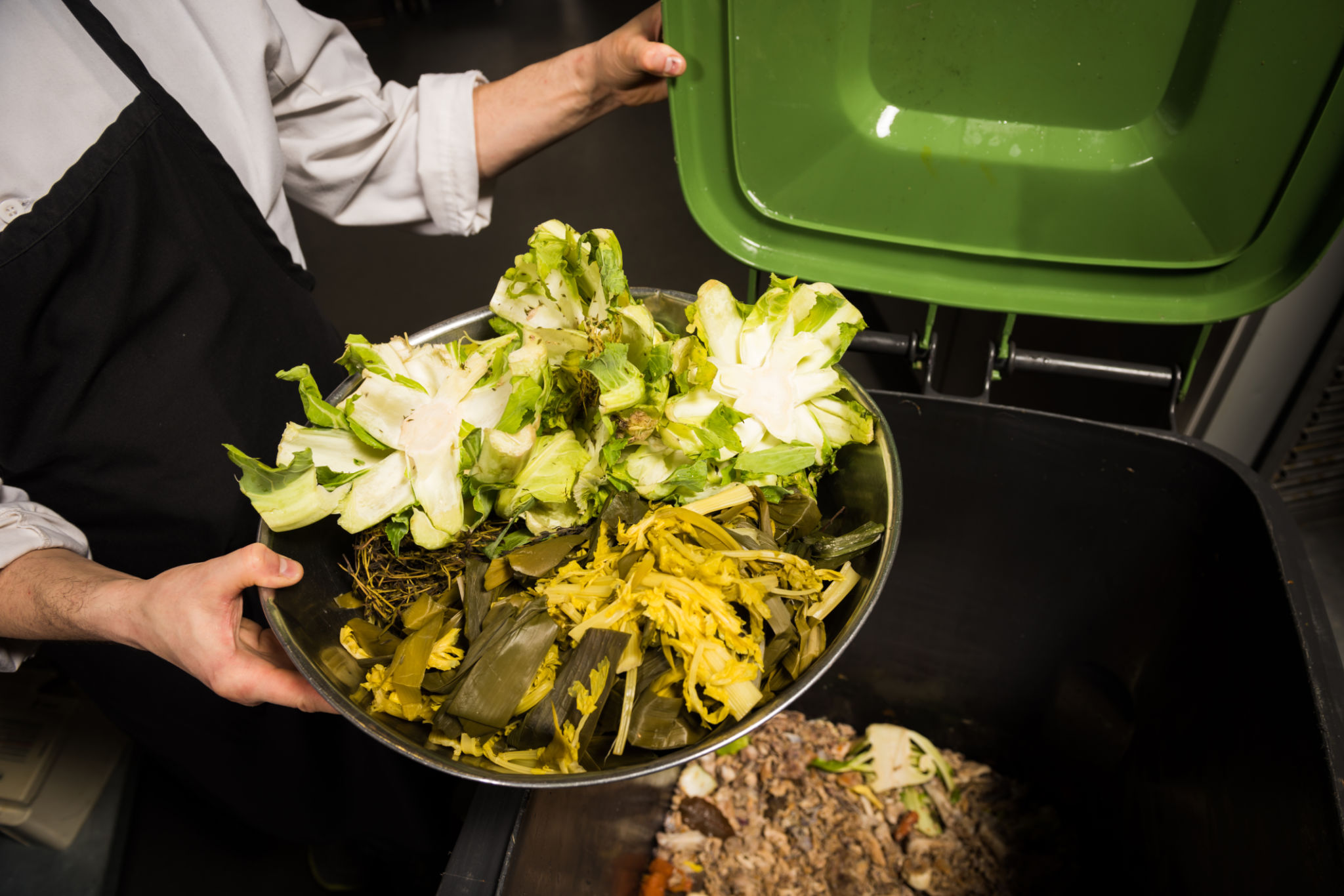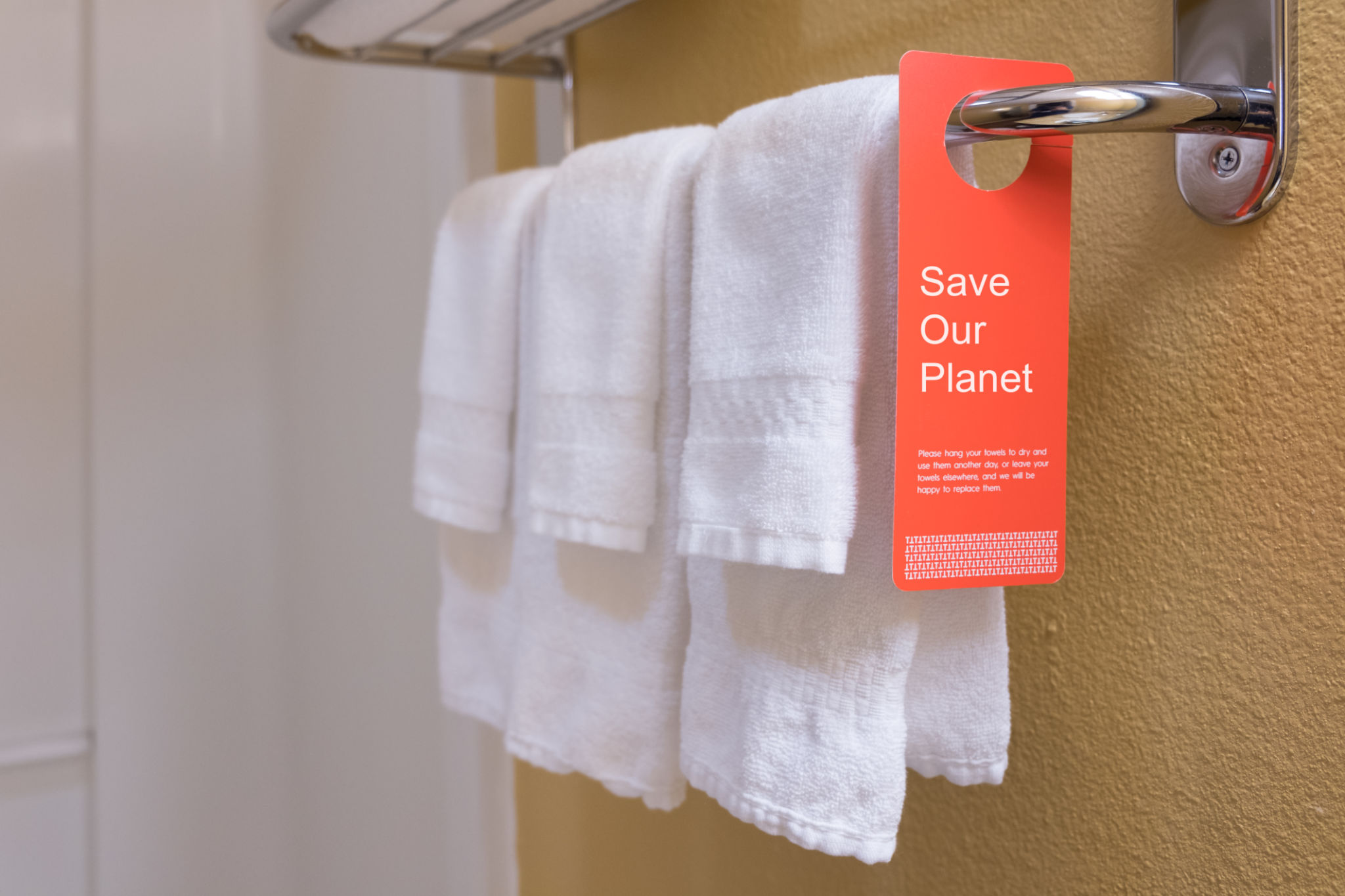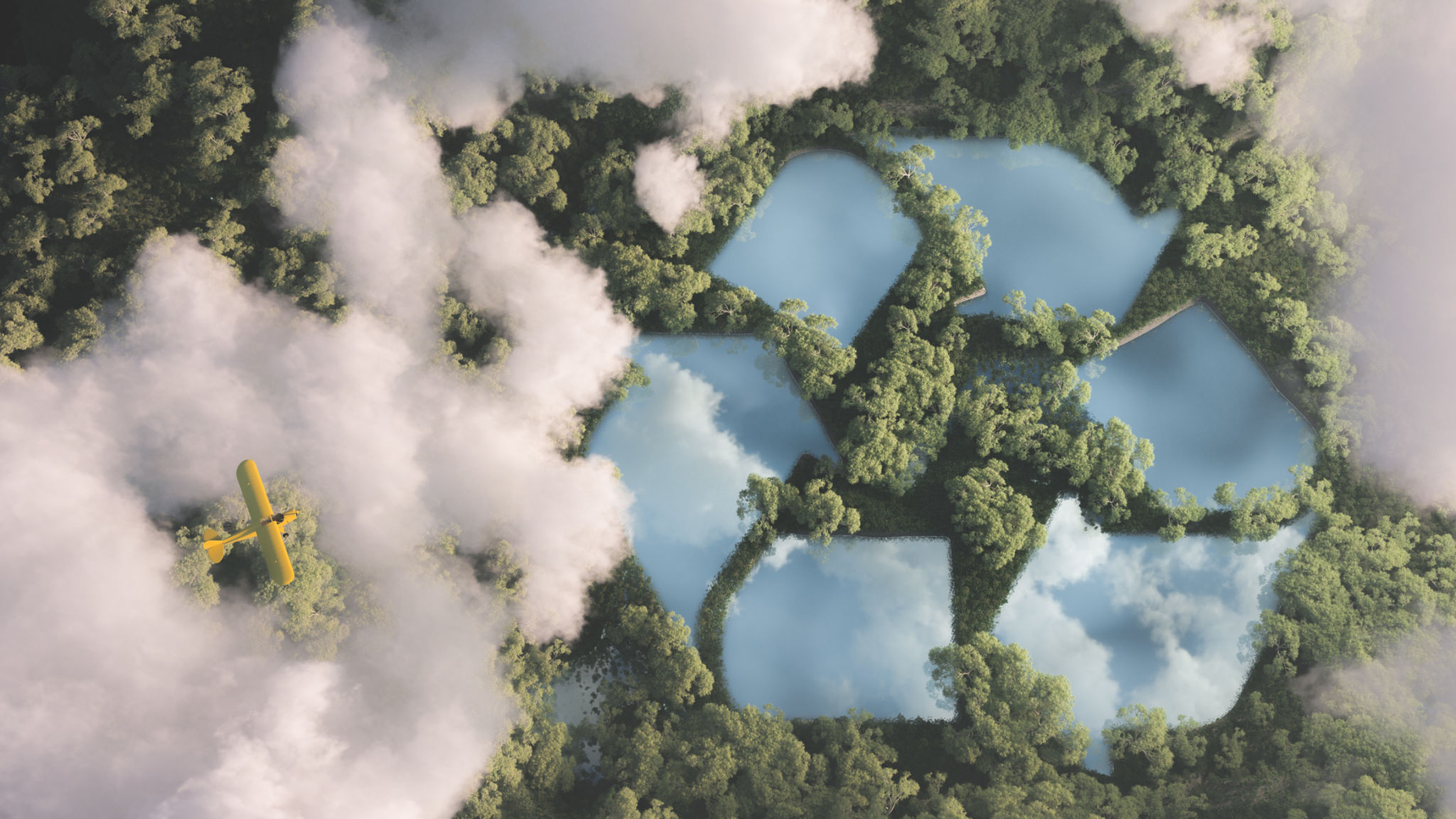Eco-Friendly Hotel Consulting Trends to Watch in Australia
Sustainable Design and Architecture
As the hospitality industry grapples with the pressing need for environmental responsibility, eco-friendly design and architecture have become cornerstone trends in Australia. Hotels are increasingly incorporating sustainable materials in their construction and renovation projects. From recycled wood to energy-efficient glass, the focus is on reducing the carbon footprint right from the building stage. Moreover, these designs often include features like green roofs and solar panels, which not only enhance energy efficiency but also improve the aesthetic appeal of the properties.

Another emerging trend is the use of biophilic design principles, which aim to connect hotel guests with nature. By integrating natural elements such as indoor plants, water features, and natural lighting into the hotel's architecture, these designs promote a sense of well-being and relaxation among guests. As a result, hotels that adopt these principles often see higher guest satisfaction rates.
Energy Management and Conservation
Energy management is a critical area where eco-friendly consulting is making significant strides. Australian hotels are adopting advanced energy management systems that allow them to monitor and optimize energy use in real-time. These systems can adjust lighting, heating, and cooling based on occupancy levels, thereby reducing unnecessary energy consumption.
Furthermore, many hotels are investing in renewable energy sources such as solar and wind power. By generating their own clean energy, these establishments can significantly cut down on their reliance on non-renewable resources, contributing to a more sustainable environment.
Water Conservation Techniques
Water conservation is another key focus area for eco-friendly hotel consulting in Australia. With water scarcity becoming an increasingly pressing issue, hotels are implementing a range of strategies to minimize water usage. Low-flow showerheads and faucets, dual-flush toilets, and rainwater harvesting systems are becoming standard features in eco-conscious hotels.

Additionally, many hotels are embracing greywater recycling systems, where wastewater from sinks and showers is treated and reused for non-potable purposes like irrigation and toilet flushing. This not only conserves water but also reduces the hotel's overall utility costs.
Waste Reduction and Recycling
Waste reduction has become a top priority for hotels aiming to go green. Consultants are advising hotels to implement comprehensive waste management programs that focus on reducing, reusing, and recycling waste wherever possible. One popular approach is the use of composting systems for organic waste, which can be converted into nutrient-rich soil for landscaping.
Moreover, many hotels are eliminating single-use plastics by offering guests alternatives such as reusable water bottles and providing refill stations throughout the property. This not only reduces waste but also aligns with the growing consumer demand for sustainable practices.

Guest Engagement and Education
Educating guests about sustainability practices is an essential aspect of eco-friendly consulting. Hotels are now actively engaging guests through various initiatives aimed at promoting environmentally friendly behaviors. From providing in-room information about conservation efforts to organizing eco-tours and workshops, these initiatives encourage guests to participate in sustainability efforts.
By involving guests in these activities, hotels can foster a sense of community and shared responsibility toward environmental conservation. This approach not only enhances the guest experience but also builds brand loyalty as more travelers seek out accommodations that align with their values.
Technology Integration
Technology plays a vital role in supporting eco-friendly initiatives within the hotel industry. Smart room technologies that enable guests to control room temperature, lighting, and entertainment systems via mobile apps are becoming increasingly popular. This not only enhances guest convenience but also helps manage energy consumption more effectively.
Furthermore, many hotels are leveraging data analytics to gain insights into their sustainability performance. By analyzing data from various operations, hoteliers can identify areas for improvement and track their progress toward sustainability goals more accurately.
As the demand for sustainable travel continues to grow, these eco-friendly consulting trends will play a crucial role in shaping the future of hospitality in Australia. By adopting these practices, hotels can not only reduce their environmental impact but also enhance their reputation and appeal to eco-conscious travelers from around the world.
